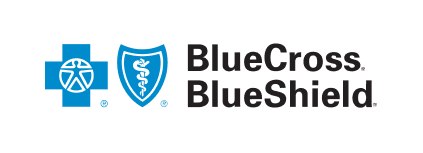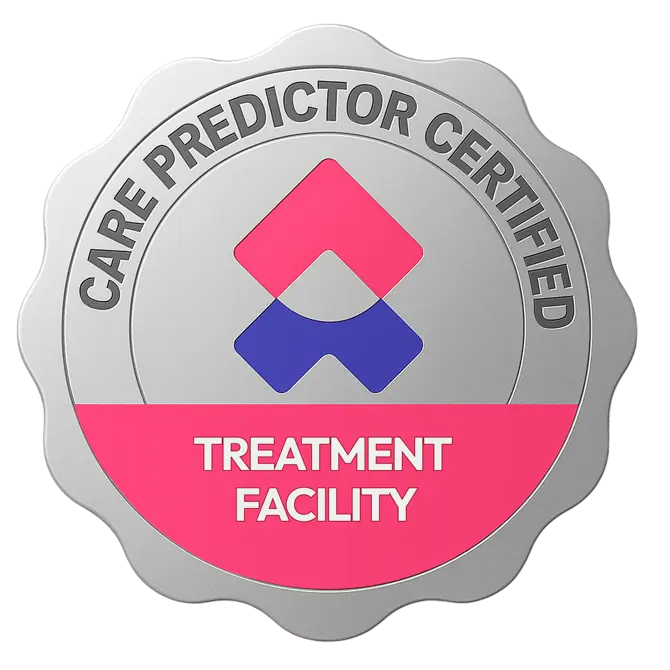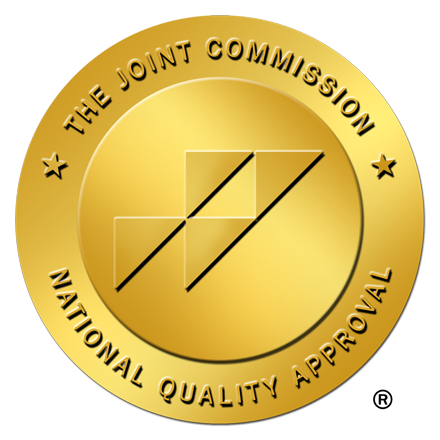Dialectical Behavioral Therapy is a type of cognitive behavioral therapy that was originally developed to treat individuals with borderline personality disorder (BPD) and has since been found effective in treating a variety of mental health conditions.
DBT’s primary goal is to help individuals develop skills for emotion regulation, distress tolerance, interpersonal effectiveness, and mindfulness.

Featured facility: Capo Beach
Equipping clients with practical skills and strategies to navigate life's challenges
At the heart of DBT lies the practice of mindfulness, which involves cultivating present-moment awareness and non-judgmental acceptance of one’s thoughts, emotions, and experiences.
Through mindfulness exercises such as meditation, breathing techniques, and sensory awareness, clients learn to observe their experiences without becoming overwhelmed.
Dialectics emphasizes the acceptance of opposing viewpoints and the synthesis of conflicting ideas to find a balance between acceptance and change, validation and accountability, and freedom and responsibility.
By embracing dialectics, clients learn to acknowledge the validity of multiple perspectives and navigate complex emotions without resorting to extremes.
Distress tolerance skills are essential for managing crisis situations and coping with intense emotions without resorting to harmful behaviors. These skills include techniques such as self-soothing, distraction, improving the moment, and radical acceptance.
By learning to tolerate distress without making it worse, individuals develop resilience in the face of adversity and gain greater control over impulsive reactions.
Dialectical Behavior Therapy (DBT) is a specialized form of psychotherapy designed to help individuals with emotional dysregulation and difficulties in interpersonal relationships. It combines elements of cognitive-behavioral therapy with Eastern mindfulness practices, emphasizing skills training in areas such as emotion regulation, distress tolerance, interpersonal effectiveness, and mindfulness.
DBT aims to teach individuals new skills to cope with intense emotions, improve relationships, and reduce self-destructive behaviors. Through a combination of individual therapy, group skills training, phone coaching, and therapist consultation teams, clients learn practical strategies to regulate their emotions, tolerate distress, communicate effectively, and live more fulfilling lives.
DBT techniques include mindfulness practices to increase present-moment awareness, distress tolerance skills to manage crises without making things worse, emotion regulation strategies to identify and modulate intense emotions, and interpersonal effectiveness skills to navigate challenging interactions and assert one’s needs effectively.
You can search for DBT therapists and treatment centers specializing in DBT through online directories, mental health organizations, or by asking for referrals from your primary care physician or trusted individuals. It’s essential to find a therapist who is experienced in delivering comprehensive DBT and licensed to practice in your area.
Alter takes clients from all over the United States. Call (866) 989-3395 for a free consultation to find out if our programs using DBT are a fit for your needs.
Yes, DBT has been adapted and proven effective for treating various mental health conditions, including but not limited to depression, anxiety disorders, eating disorders, substance use disorders, post-traumatic stress disorder (PTSD), and bipolar disorder. Its emphasis on skills training and emotion regulation makes it a versatile treatment modality for a range of psychological issues.
The duration of DBT treatment varies depending on individual needs and the severity of symptoms. Some people may experience noticeable improvements within a few months, while others may require longer-term therapy to achieve lasting change. Consistent attendance and active participation in both individual and group sessions are essential for optimal outcomes.
Mindfulness is a core component of DBT, helping individuals cultivate awareness of their thoughts, emotions, and bodily sensations without judgment. Mindfulness practices encourage clients to observe their experiences with openness and curiosity, promoting greater self-understanding, emotional regulation, and resilience in the face of challenges.
Yes, DBT can be delivered in residential treatment centers specializing in intensive therapeutic support for individuals with complex mental health needs. Residential DBT programs offer a structured environment conducive to learning and practicing DBT skills, along with comprehensive clinical support from trained professionals.
Call Now for Program Availability
Contact our admissions team to learn about our programs and to check availability at our facilities, or submit your insurance to verify coverage.
We accept most major insurance providers including the ones displayed here.










We accept most major insurance providers including the ones displayed here.
Submit your insurance to confirm coverage.




















Our facilities have been awarded prestigious recognition and certifications by adhering to rigorous guidelines and exceeding quality standards with consistent, safe & effective healthcare services.



Our mission is to advance the future of mental health care through innovative, evidence-based treatments, delivering excellence, fostering human connection with unwavering compassion that empowers every individual to thrive.
34270 Pacific Coast Hwy
3rd Floor
Dana Point, CA 92629
Questions? Call now to speak confidentially with an admissions counselor.